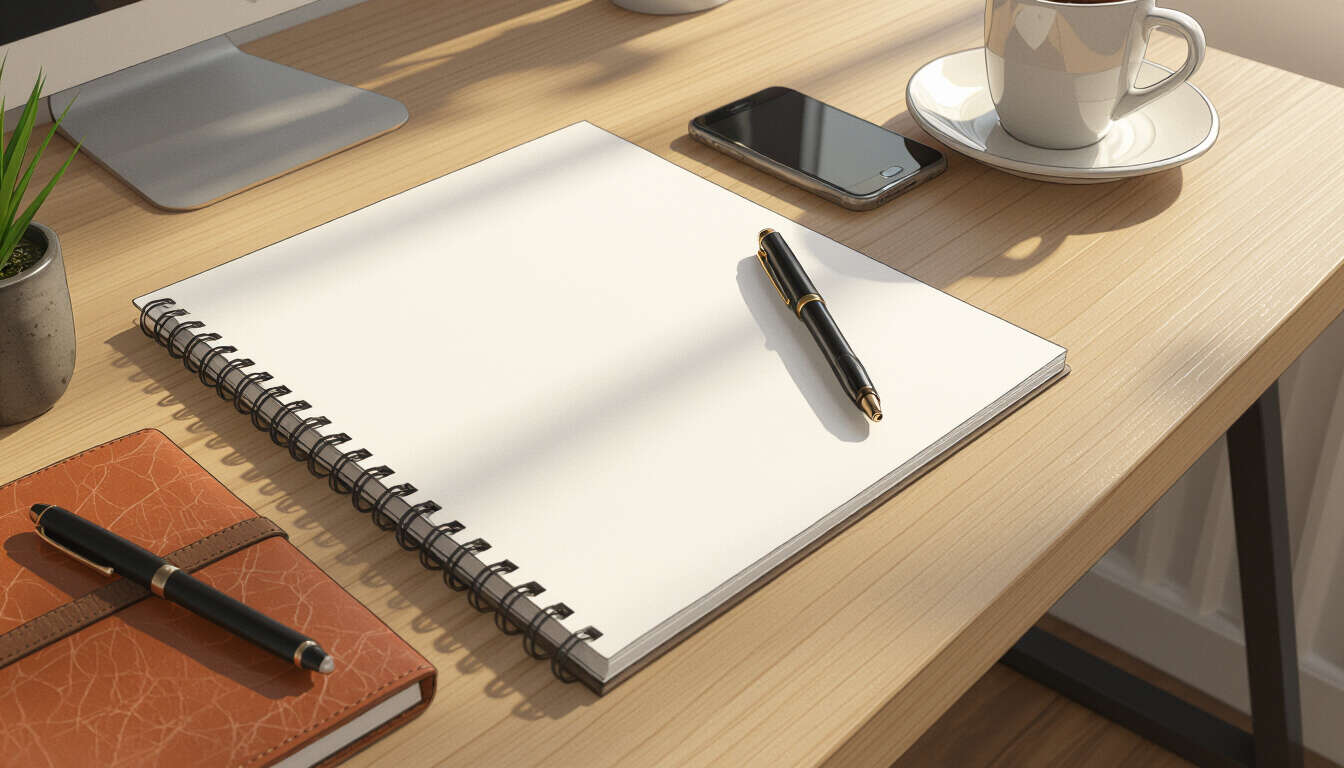Minimalism and Productivity Boost
 by Lilian Nienow
by Lilian Nienow
Explore how minimalism simplifies daily routines to enhance focus and efficiency. Based on research, this approach reduces distractions and boosts output for professionals and students.

Minimalism offers a straightforward way to streamline life and work. By focusing on essentials, individuals can achieve greater efficiency. For instance, research from psychological studies shows that a clutter-free environment leads to better concentration.
The Science Behind Minimalism
Studies indicate that excess items in a workspace can overwhelm the brain, making it harder to maintain focus. One key finding from cognitive research highlights how minimalism helps in reducing mental fatigue. This means people can complete tasks faster with fewer interruptions.
In practice, adopting minimalism involves selecting only necessary tools and items. For example, a study on workplace productivity found that employees with organized desks reported higher levels of satisfaction and output. This approach allows for clearer thinking and less time spent searching for things.
Practical Hacks for Daily Use
To implement minimalism, start with your physical space. Clear away non-essential items from your desk to create a serene area. A survey of professionals revealed that this simple change improved their daily performance.
Another hack is to apply minimalism to digital tools. Limit apps and notifications on your devices. Evidence from behavioral science suggests that constant alerts disrupt workflow, so keeping only essential programs can enhance productivity.
For time management, prioritize tasks using a minimal list. Instead of long to-do lists, focus on three key items each day. Research in task efficiency shows that this method prevents overload and increases completion rates.
Benefits for Different Groups
Busy professionals often deal with packed schedules, and minimalism can provide relief. By simplifying routines, they free up energy for important work. Students, too, benefit from this strategy, as it aids in studying without distractions.
Long-term, embracing minimalism fosters sustainable habits. Data from follow-up studies show sustained improvements in focus over time. This makes it a reliable strategy for ongoing success.
In summary, minimalism serves as an effective tool for enhancing productivity. By integrating these science-backed practices, anyone can experience notable gains in efficiency and well-being.
